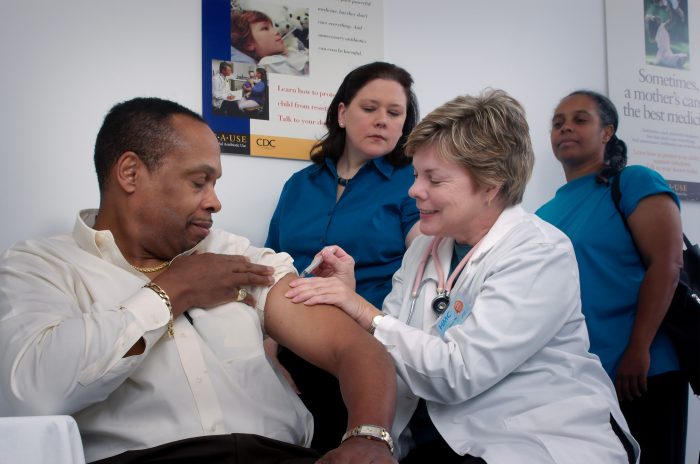The Centers for Medicare and Medicaid Services (CMS) will be conducting a webinar on the inpatient rehabilitation facility prospective payment system (IRF PPS) coverage requirements. The webinar is scheduled for November 29, 2023, from 1:30 pm – 2:30 pm.
During this webinar, CMS will:
- Review IRF PPS coverage requirements from pre-admission to discharge;
- Provide a refresher on existing payment requirements; and
- Answer common IRF PPS Helpdesk questions.
Following the webinar, CMS will post a recording on the IRF PPS web page. To participate in the webinar, register here.

















